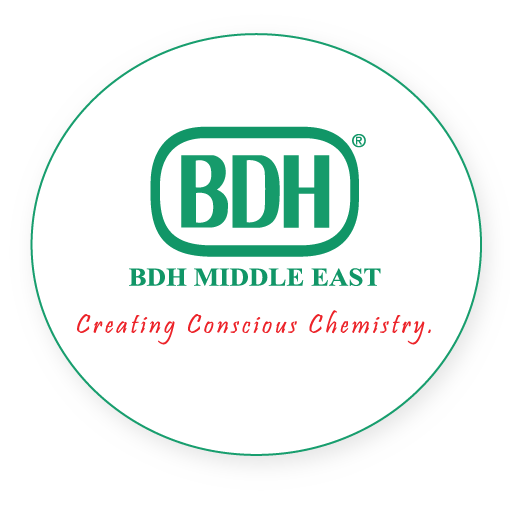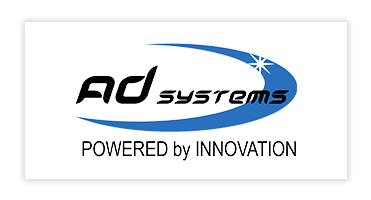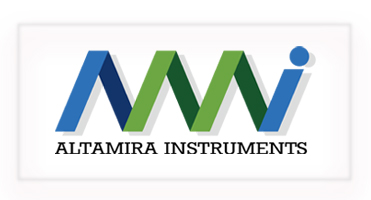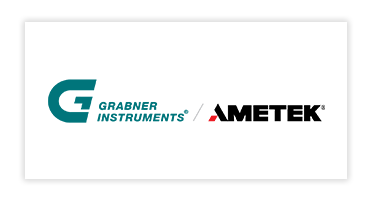Installation and Operational Qualification (IQ/ OQ) Services
In regulated industries such as pharmaceuticals, biotechnology, healthcare, and manufacturing, ensuring the proper installation and performance of equipment is critical for maintaining quality, safety, and regulatory compliance. “Installation Qualification (IQ)” and “Operational Qualification (OQ)” services are integral components of validation processes that validate the successful installation and proper functioning of equipment, machinery, and systems. These services play a vital role in upholding product
quality, operational integrity, and compliance with industry regulations.
Installation Qualification (IQ):
IQ is the first step in the qualification process, ensuring that equipment is properly installed according to manufacturer specifications and regulatory requirements. Key aspects of IQ include:
Verification of Installation: Technicians verify that the equipment is correctly installed in its designated location, and components are properly connected.
Documentation Review: The documentation provided by the equipment manufacturer is reviewed to confirm that it aligns with the installation process.
Calibration and Verification: Any necessary calibration or verification checks are performed to confirm that the equipment operates within specified parameters.
Functional Checks: Basic functional tests are conducted to ensure that the equipment operates as intended and can proceed to the next qualification phase.
Operational Qualification (OQ):
OQ builds upon IQ by testing the equipment’s performance under various operational conditions. This phase ensures that the equipment consistently performs within predefined specifications. Key aspects of OQ include:
Performance Testing: Equipment is tested under various operating conditions to verify its performance and functionality.
Limit Testing: Equipment is tested at the upper and lower limits of its operating parameters to ensure it performs as expected across its entire range.
Worst-Case Scenarios: Testing is conducted in worst-case scenarios to assess how the equipment handles challenging conditions.
Data Integrity: Data recording and documentation are scrutinized to ensure accurate and comprehensive data collection.
Benefits of IQ and OQ Services:
Quality Assurance: IQ and OQ services ensure that equipment is properly installed, functions as intended, and complies with regulatory requirements.
Risk Mitigation: Verification through IQ and OQ minimizes the risk of equipment failures that could impact product quality, safety, or business operations.
Regulatory Compliance: IQ and OQ services align with regulatory standards, such as FDA’s Current Good Manufacturing Practice (cGMP) regulations.
Data Integrity: Rigorous documentation of IQ and OQ processes ensures traceability and supports compliance audits.
Operational Efficiency: Properly validated equipment is more likely to function efficiently, reducing downtime and operational disruptions.
Process Improvement: Identifying potential issues during qualification allows for addressing and improving equipment performance early in its lifecycle.
In conclusion, Installation Qualification (IQ) and Operational Qualification (OQ) services are essential components of equipment validation processes in regulated industries. By ensuring proper installation and functional performance, these services contribute to maintaining product quality, operational excellence, and compliance with industry regulations. Whether you’re launching a new facility or updating existing equipment, IQ and OQ services provide the foundation for a robust and compliant operation.











